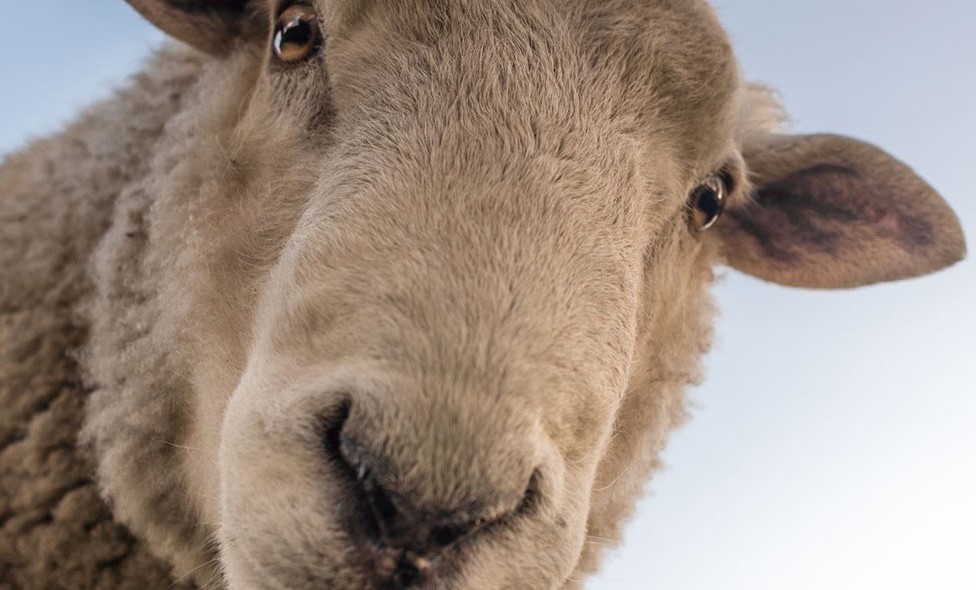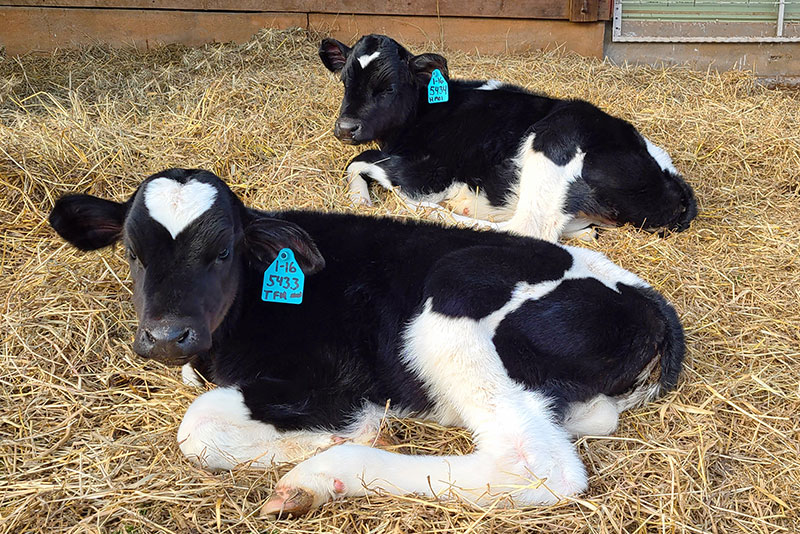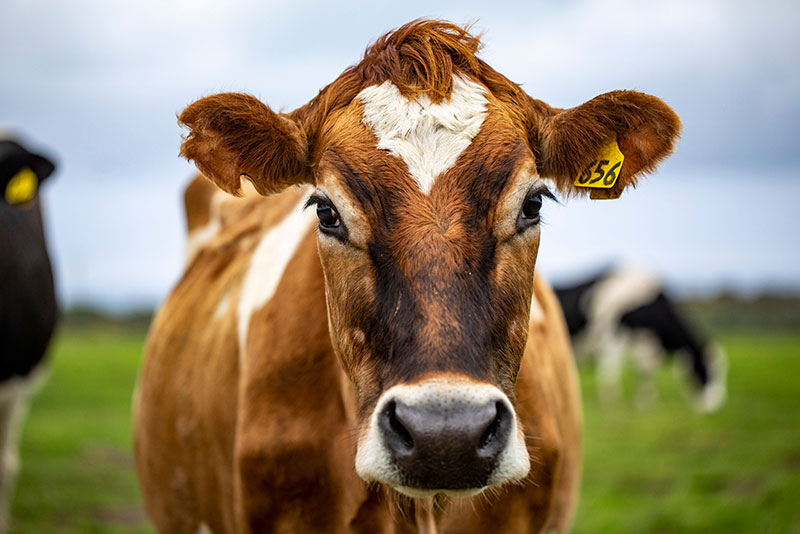Livestock Ultrasound in Tucson AZ
Livestock Ultrasound


Livestock Ultrasound
In veterinary medicine, a physical examination often does not provide enough information for our veterinarians to diagnose an illness or evaluate the full extent of an injury. When this is the case, a variety of diagnostic tests, such as livestock ultrasound, might be recommended.


What Is an Ultrasound?
An ultrasound machine has a special wand that emits high-frequency sound waves. These sound waves permeate a patient’s soft tissues, reflect off internal structures, and bounce back to the wand. The data from these reflected sound waves are fed into the ultrasound machine where they’re translated into a moving, real-time image called a sonogram or ultrasound.
If an x-ray is like a picture, then an ultrasound is like a video that allows our veterinarians to observe an animal’s body as it functions.
How Do Veterinarians Use Ultrasound?
Ultrasounds are incredibly useful in veterinary medicine for diagnosing illness, evaluating injuries, detecting abnormalities, aiding in surgery, and more.
From the digestive, reproductive, circulatory, cardiovascular, and respiratory systems to the moving parts of an animal’s musculoskeletal system, ultrasound allows us to evaluate just about every part of the body in motion.
Additionally, we can use ultrasound to evaluate the size, shape, and location of an animal’s internal organs, looking for abnormalities or changes that could indicate a health problem.
We use ultrasound in a variety of situations including diagnosing, evaluating, and treating illness and injury, in addition to monitoring the health of pregnant females and the development of animals throughout gestation.
Depending on the condition of your livestock, our veterinarians might recommend using ultrasound in conjunction with other forms of diagnostic testing.


